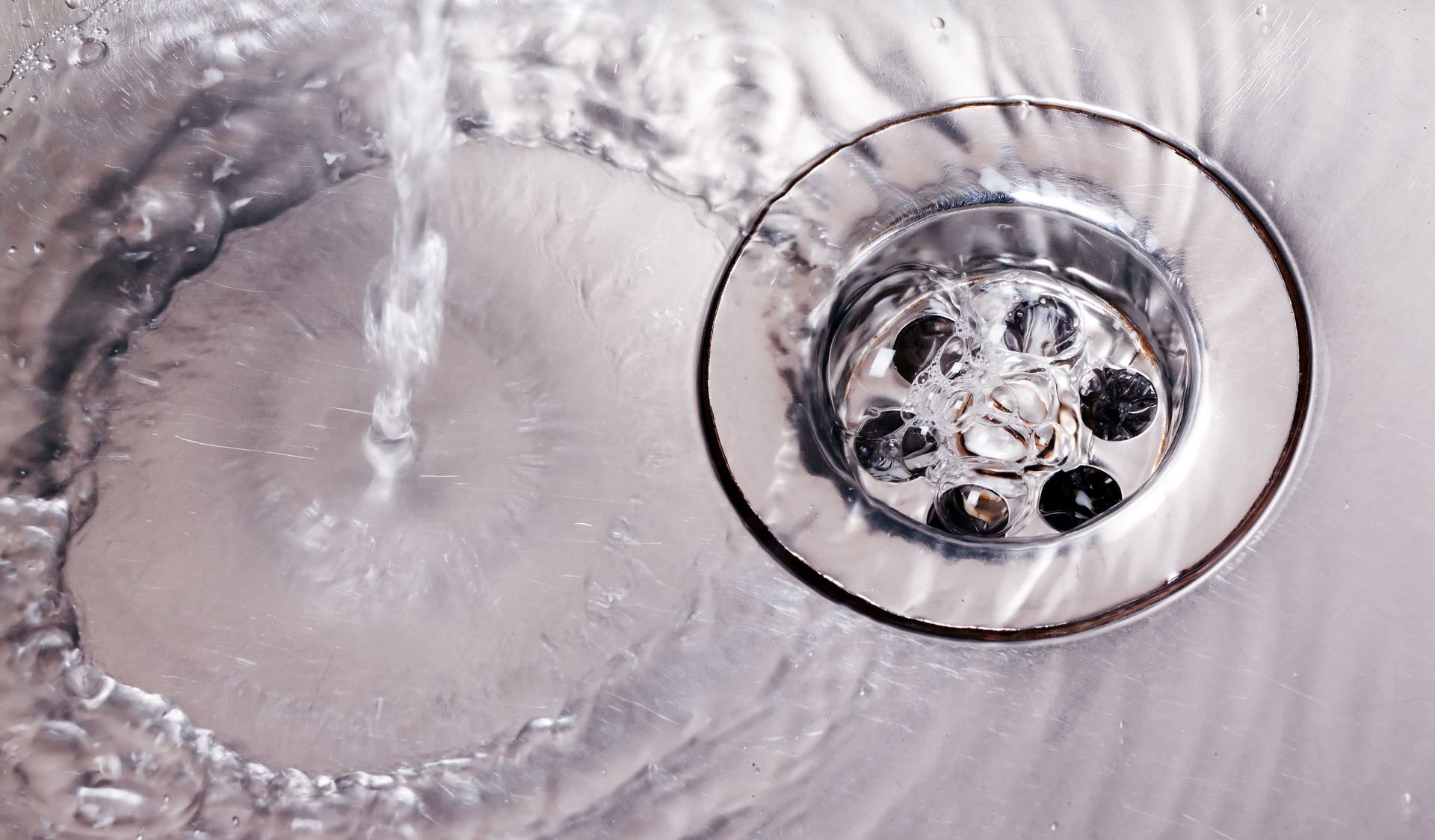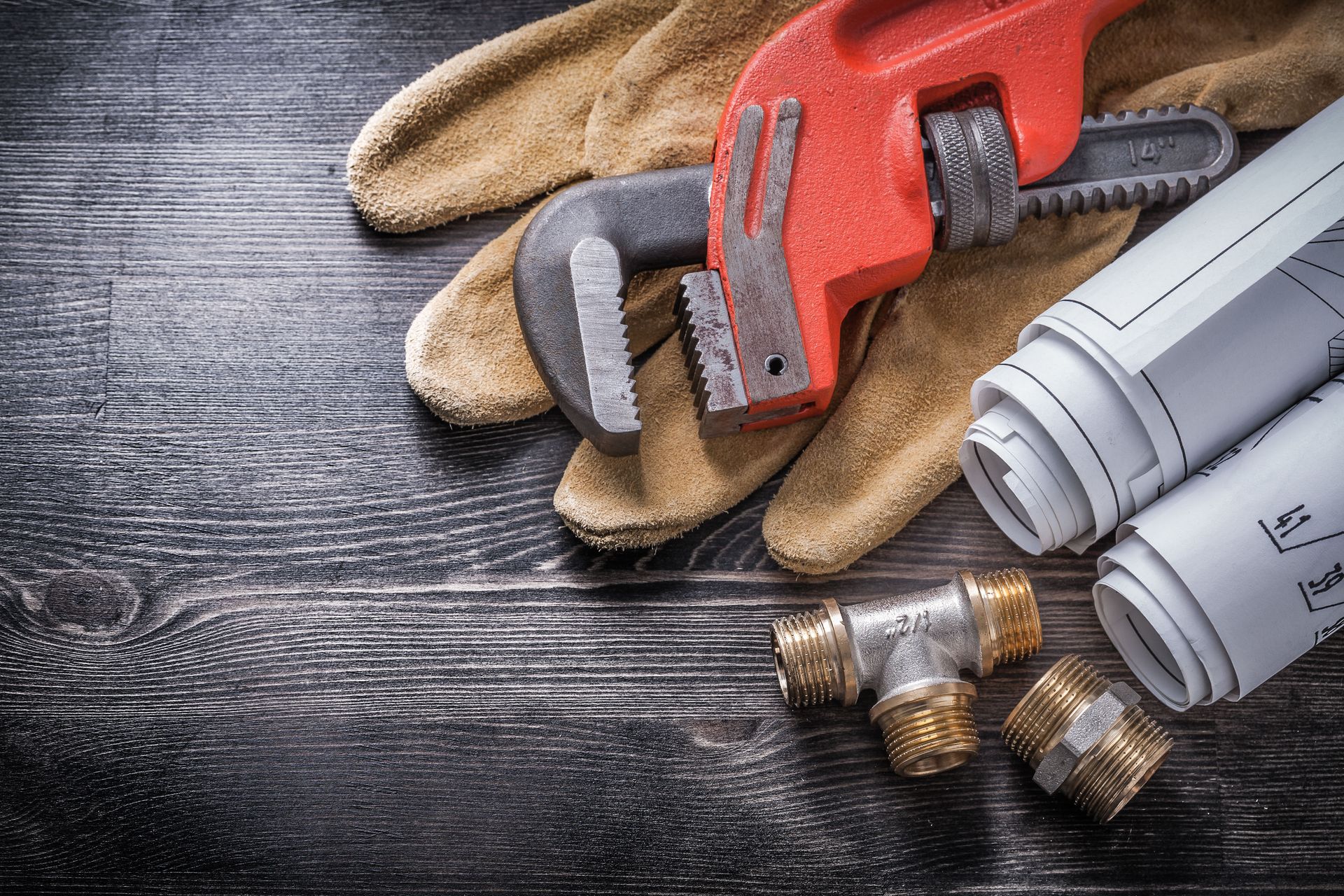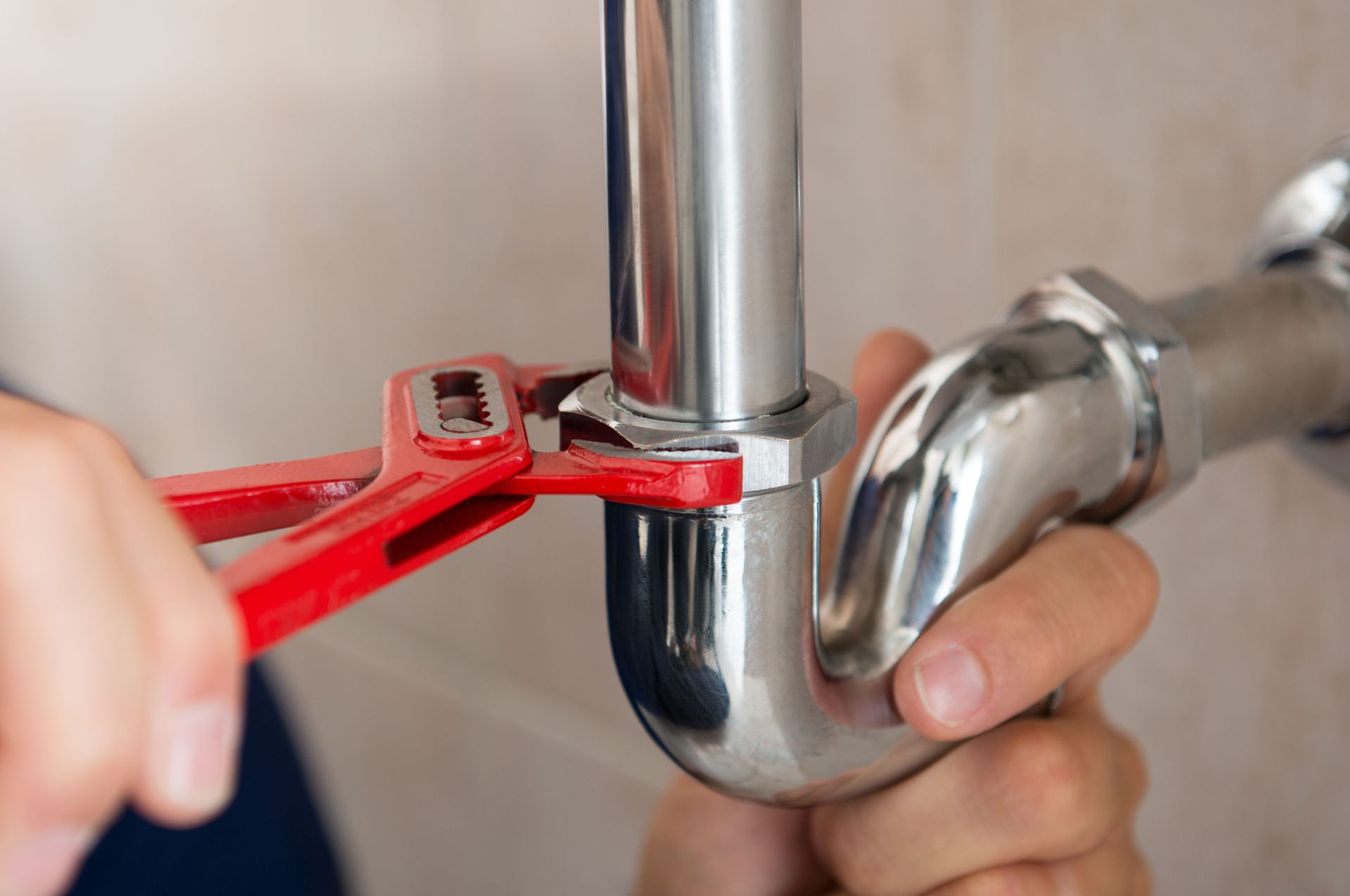How to Troubleshoot Common Gas Hot Water Heater Issues
How to Troubleshoot Common Gas Hot Water Heater Issues
Gas hot water heaters are a common and efficient solution for providing hot water to your home or business. However, like all appliances, they can experience issues that may interfere with their performance. Troubleshooting these problems early can save you time, money, and prevent further damage.
Understanding how to identify common gas hot water heater issues is essential for homeowners and business owners who want to ensure the longevity of their systems. While some problems may be simple to fix, others require the expertise of a professional plumber. This guide outlines how to troubleshoot some of the most frequent gas hot water heater problems and what you can do to address them.
Common Gas Hot Water Heater Issues
Before diving into troubleshooting, it’s important to understand some of the common issues that may arise with a gas hot water heater. These can range from issues with the pilot light, thermostat malfunctions, sediment buildup, or even gas supply problems. Identifying the specific issue is the first step in determining the appropriate solution.
Pilot Light Issues
The pilot light is essential for igniting the burner in your gas hot water heater. If the pilot light goes out, your heater will not function. Common reasons for a pilot light going out include a dirty or clogged pilot orifice, a malfunctioning thermocouple, or a draft. Check for a gas supply issue or a dirty pilot, and follow the manufacturer’s instructions to relight it. If the problem persists, consult a professional.
Thermostat Problems
The thermostat controls the water temperature. If your hot water is too hot or too cold, the thermostat could be faulty. Verify the thermostat settings. If the water temperature is still inconsistent, the thermostat may need repair or replacement. For safety, contact a professional if needed.
Insufficient Hot Water
Running out of hot water quickly may result from a malfunctioning thermostat, sediment buildup, or an undersized heater. Sediment buildup reduces efficiency. Flushing the tank can help. If the issue persists, consider upgrading to a larger water heater.
Strange Noises
Popping, rumbling, or banging noises often indicate sediment buildup inside the tank. Flushing the tank can resolve this. Persistent noises may signal a failing heating element or internal damage, requiring professional inspection.
Water Leaks
Leaks can stem from loose connections, damaged seals, or a failing tank. Turn off the gas and water supply if you notice leaks and contact a plumber immediately to prevent water damage.
Troubleshooting Gas Hot Water Heater Problems
Check the Pilot Light
If there’s no hot water, check the pilot light. Follow the owner’s manual to relight it. If it won’t stay lit, the thermocouple may need replacement or there could be a gas supply issue.
Test the Thermostat
Ensure the thermostat is set to around 120°F. If the temperature is off, recalibrate or replace the thermostat. A multimeter can test for continuity. For replacement, contact a professional.
Flush the Tank
Flush the tank to remove sediment buildup. Turn off the gas and water supply, connect a hose to the drain valve, and drain the tank until clear. Annual flushing prevents sediment issues.
Inspect for Leaks
Examine connections and valves for leaks. Tighten loose connections. If leaks persist, replace damaged parts or the tank. Consult a plumber for major issues.
Check the Gas Supply
If the pilot light won’t stay lit, verify the gas supply is on. Inspect the gas control valve or thermocouple if the supply is intact.
When to Call a Professional
Some issues require a licensed plumber. If troubleshooting doesn’t resolve the problem or if safety is a concern, contact a professional. Gas lines and electrical components can be hazardous without proper training.
Conclusion
Troubleshooting common gas hot water heater issues helps maintain consistent hot water and prolongs the unit’s lifespan. Regular maintenance is key, but persistent or complex problems should be handled by a professional. Reach out to Quality Pro Services LLC for expert gas hot water heater solutions—because reliable hot water starts with professional care.
Contact Information
Quality Pro Services LLC
147 Union Ave Suite 2D, Middlesex, NJ, 08846, US
Phone: (732) 400-4921
Follow Us
Serving Area
Middlesex
and surrounding areas
Business Hours
- Mon - Fri
- -
- Sat - Sun
- Closed
24/7 Emergency Services Available











Share On: